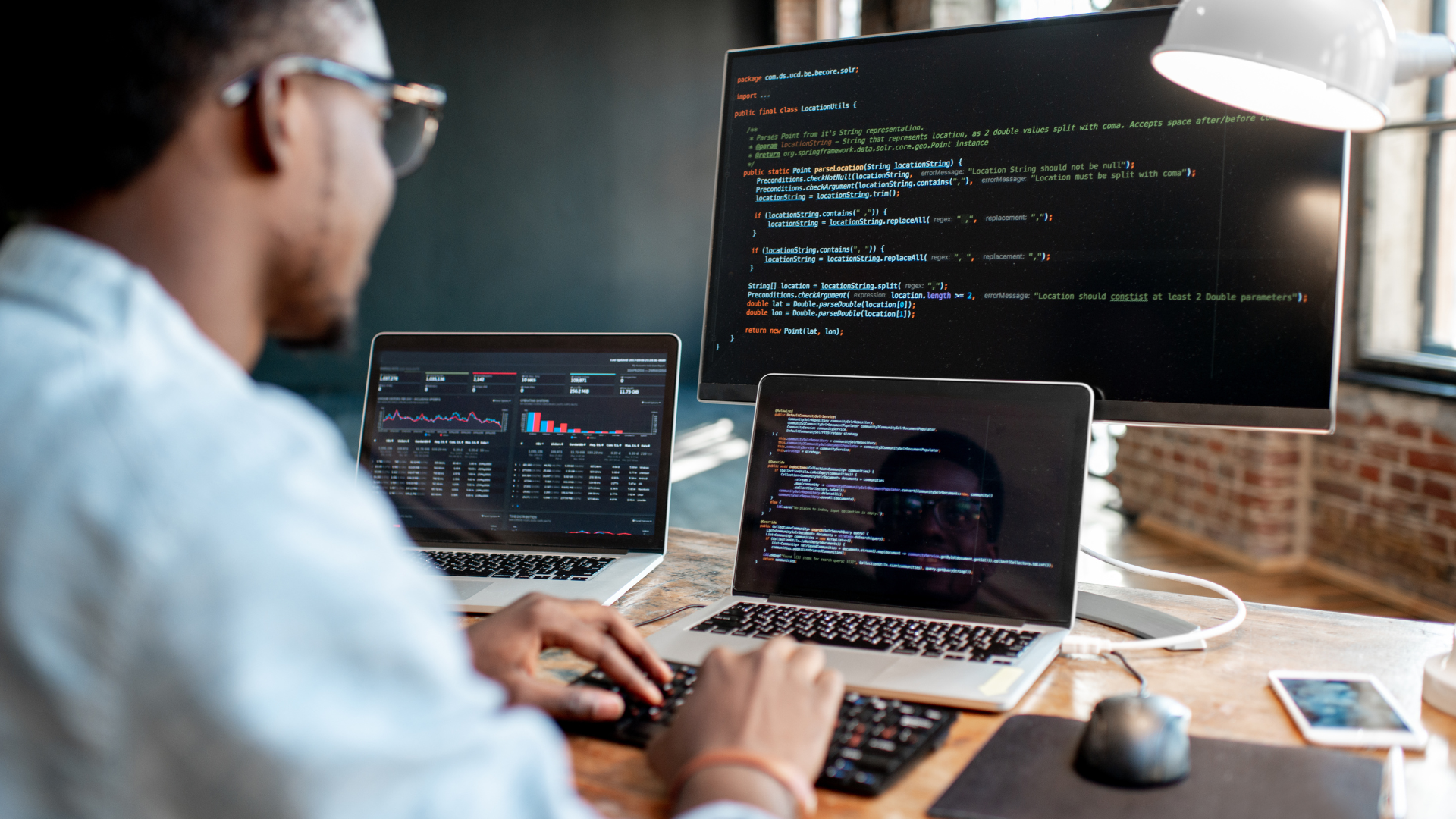6 Technology Tips For Coding For Beginners
Technology is all around us, and it’s important for writers to understand how to code. This article will give you some great tips on what you need to know, and even if you’re a beginner you’ll be able to learn the basics.
1. Write Every Single Day
In order to become a proficient coder, you need to write code every day. Here are some tips to help make this happen:
Set a daily writing goal
Write for a minimum of five minutes each day. Even if you only manage to write half that amount, it’s still better than nothing!
Try a coding challenge
A coding challenge can be fun and motivating, giving you the opportunity to see your progress over time as you work through it. There are many online resources available for finding coding challenges that fit your level of expertise.
Use a code editor
A code editor is an essential tool for any coder, especially for beginners. Not only will using a code editor help you stay organized and improve your skills, but it can also provide feedback on your code so that you can correct mistakes and improve your coding efficiency overall.
Use online resources and tutorials
Online resources are convenient and easy to use, which makes them perfect for learning how to code in a short amount of time. Tutorials offer more detailed instructions on specific aspects of coding, making them an essential source of information when starting out as a coder yourself!
2. Take Breaks
When you’re coding, it can be tough to keep your focus. That’s why it’s important to take regular breaks! Get up and move around because staying seated in front of a computer screen all day can make you feel exhausted and cranky. Get up and walk around for a few minutes every now and then this will help to clear your head and get your blood flowing.
Do not forget to take a break for lunch or dinner. Sure, you might be tempted to stay glued to your screen all day, but eating is important too! Taking a break for lunch or dinner will give your brain time to digest food properly, which will help you stay focused during coding sessions later on.
You will also want to use headphones or earbuds when coding, if you find yourself getting distracted easily, try using headphones or earbuds when coding instead of staring at the computer screen directly. This way, you won’t be able to see what other people are saying or hear any noises from outside that might be interfering with your concentration.
3. Do Not Be Afraid of Failure
Many people are afraid to start coding because they think it will be hard. However, with a few tips and tricks, coding can be easy for anyone to learn.
Start With Easy Tools
If you are new to coding, it is best to start with simple tools. There are many free or low-cost programs that will help you get started with coding. For example, Code Academy offers a free 10-day trial of their code-learning platform. This program teaches you how to write code using the most popular programming languages. Once you have learned how to use these tools, you can move on to more complicated programs.
Get Organized
One of the biggest challenges when learning how to code is getting organized. When you are starting out, it is helpful to create a plan for your learning journey. This plan should include what language you want to learn first, what resources (books, websites, etc.) you will need, and when each step in the process should take place. Having a plan will help keep you on track and make learning coding easier overall!
Practice Makes Perfect
The best way to improve your coding skills is by practicing them! Try different exercises and see which ones work best for you. Also, make sure to ask questions if you don’t understand something in class or on an assignment. The more practice you have, the better your skills will become!
4. Make Mistakes in a Safe Place, Like a Notebook or External Drive
Making mistakes is a natural part of learning something new. Coding is no exception. However, it’s important to make mistakes in a safe place, like a notebook or external drive. This way, you can easily track your progress and find any errors you may have made. Additionally, it’s helpful to have someone else review your code before you publish it. They may spot errors that you missed or suggest improvements that you didn’t think of.
5. Work by Yourself or With Friends at the Same Level as You Are Comfortable With
If you’re looking for a solo coding project to work on, a website has a lot of resources available to help you get started. You can also find mentors and join coding communities to work with people at your level.
Alternatively, if you’d like to work on a project with friends or colleagues, try working in pairs or groups. This will help you develop stronger teamwork skills and increase your chances of completing your project successfully.
6. Find Tutorials and Resources That Work for You
There are a number of ways to find tutorials and resources that work for you. One way is to browse through websites or search engines specifically designated for coding beginners. Another way is to look for general coding tutorials that can be applied to a variety of projects. Additionally, many coding boot camps offer support materials and curricula, which can be helpful if you want to learn more about specific coding languages or frameworks. Lastly, many online communities and forums are great places to ask questions and get advice from other experienced coders.

